Intro
Learn 5 effective ways to stop a nosebleed quickly, including home remedies and first aid techniques to prevent nasal bleeding, promote clotting, and reduce swelling, using cold compresses and more.
Nosebleeds, also known as epistaxes, are a common condition that can occur in anyone, regardless of age or health status. They can be caused by a variety of factors, including dry air, allergies, colds, and injuries. While nosebleeds can be alarming, most of them are not serious and can be treated with simple first aid measures. In this article, we will explore the importance of knowing how to stop a nosebleed, the benefits of prompt treatment, and the various methods that can be used to prevent and treat this condition.
Nosebleeds can be a nuisance, but they can also be a sign of an underlying health issue. In some cases, nosebleeds can be a symptom of a more serious condition, such as high blood pressure, a bleeding disorder, or a tumor. Therefore, it is essential to seek medical attention if you experience frequent or severe nosebleeds. Moreover, knowing how to stop a nosebleed can help you respond quickly and effectively in case of an emergency.
The ability to stop a nosebleed is a valuable skill that can be learned by anyone. With the right techniques and materials, you can prevent a nosebleed from becoming a more serious problem. In addition, understanding the causes of nosebleeds can help you take preventive measures to reduce your risk of experiencing this condition. By learning about the different methods of stopping a nosebleed, you can take control of your health and well-being.
Understanding Nosebleeds

Causes of Nosebleeds
The causes of nosebleeds can be divided into two categories: anterior and posterior. Anterior nosebleeds occur when the blood vessels in the front of the nose become damaged, while posterior nosebleeds occur when the blood vessels in the back of the nose become damaged. Anterior nosebleeds are the most common type of nosebleed and can be caused by dry air, allergies, colds, and injuries. Posterior nosebleeds are less common but can be more serious, as they can be caused by high blood pressure, a bleeding disorder, or a tumor.Methods to Stop a Nosebleed
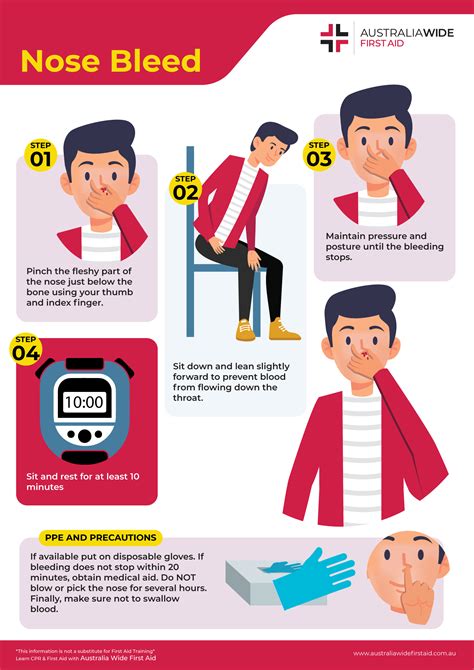
Applying Pressure
Applying pressure to the nostrils is the most common method of stopping a nosebleed. To apply pressure, sit up straight and lean forward, pinching the nostrils shut with your thumb and index finger. Hold the pressure for 5-10 minutes, or until the bleeding stops. It is essential to apply pressure to the correct part of the nose, as applying pressure to the wrong area can make the bleeding worse.Preventing Nosebleeds
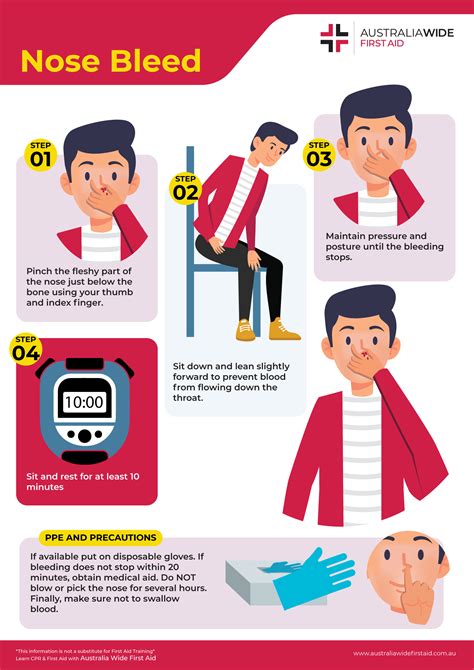
Using a Humidifier
Using a humidifier is an effective way to prevent nosebleeds. Dry air can cause the blood vessels in the nose to become dry and cracked, leading to nosebleeds. A humidifier can help to add moisture to the air, reducing the risk of nosebleeds. It is essential to clean and maintain the humidifier regularly to prevent bacterial growth.Treatments for Nosebleeds
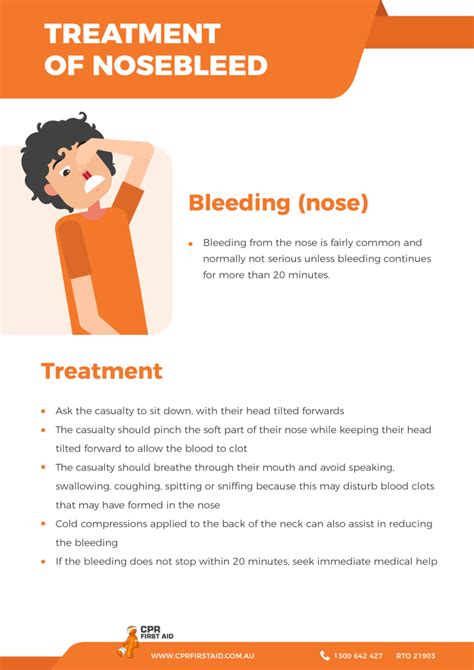
Nasal Sprays
Nasal sprays are a common treatment for nosebleeds. They can help to constrict the blood vessels and stop the bleeding. There are several types of nasal sprays available, including saline sprays and medicated sprays. It is essential to follow the instructions carefully and use the spray as directed.When to Seek Medical Attention
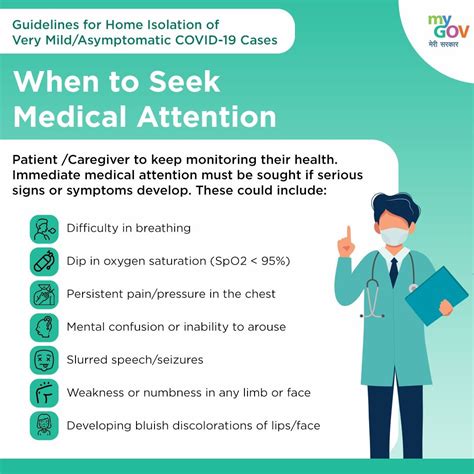
Signs of a Serious Condition
There are several signs that may indicate a serious condition. These include: * Frequent or severe nosebleeds * Difficulty breathing * Severe headache * Confusion * Dizziness * WeaknessConclusion and Next Steps
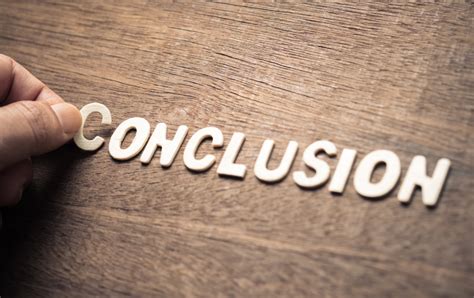
We hope this article has provided you with valuable information on how to stop a nosebleed. If you have any questions or comments, please feel free to share them below. Additionally, if you found this article helpful, please share it with your friends and family to help spread awareness about nosebleeds.
What are the most common causes of nosebleeds?
+The most common causes of nosebleeds include dry air, allergies, colds, and injuries.
How can I prevent nosebleeds?
+You can prevent nosebleeds by using a humidifier, avoiding picking or blowing the nose, and avoiding exposure to allergens.
When should I seek medical attention for a nosebleed?
+You should seek medical attention if you experience frequent or severe nosebleeds, or if you experience any symptoms such as difficulty breathing, severe headache, or confusion.
